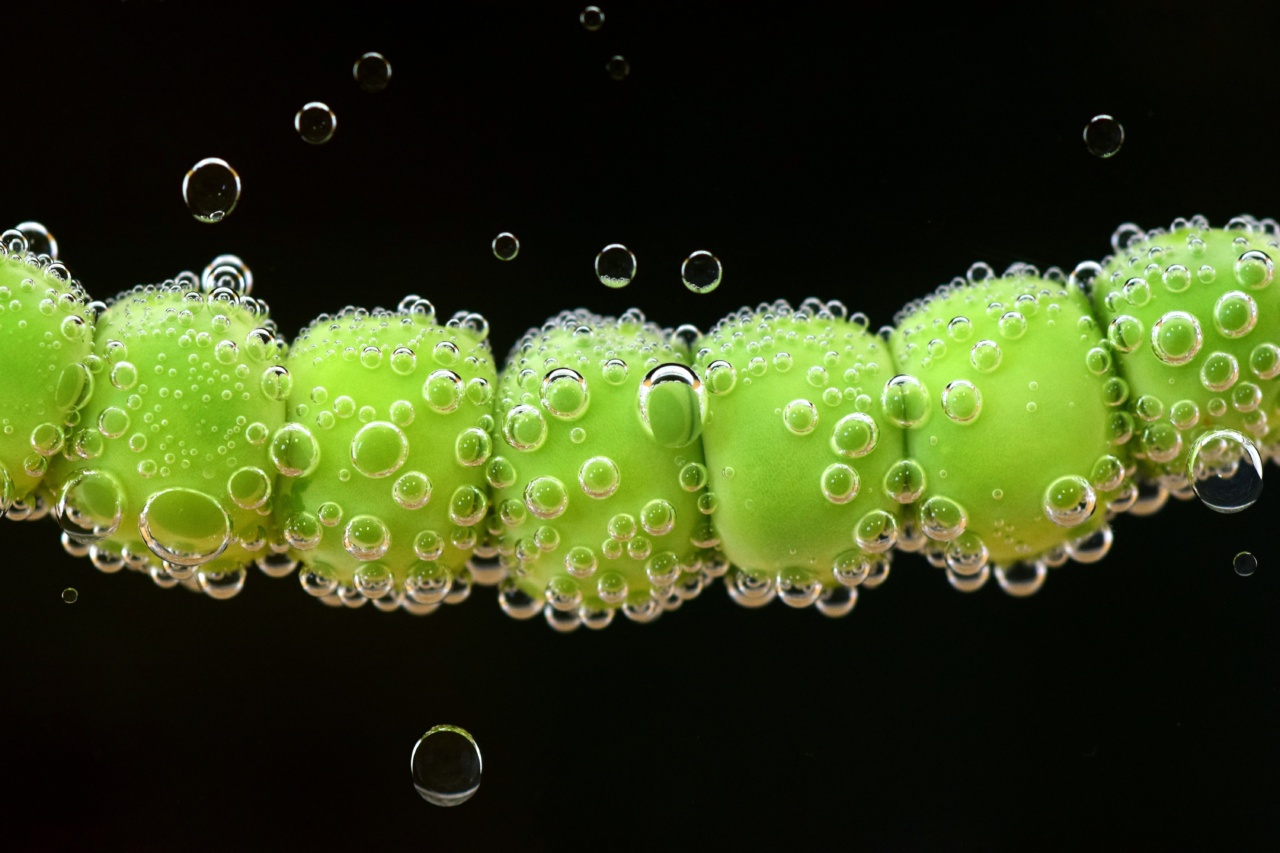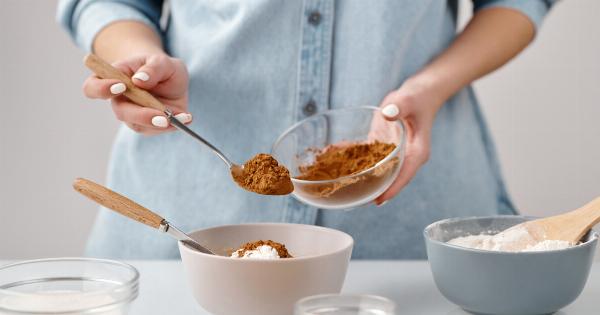When Boils Attack: Chest Boil Causes and Remedies.
What is a chest boil?
A boil is a painful, pus-filled bump that forms under the skin as a result of a bacterial infection. When a boil develops on the chest, it can cause discomfort, pain, and embarrassment.
In this article, we will explore the causes of chest boils and provide effective remedies to alleviate symptoms and promote healing.
Causes of chest boils:
There can be several factors that contribute to the development of chest boils:.
1. Bacterial Infection:
The primary cause of a chest boil is a bacterial infection, most commonly caused by Staphylococcus aureus. These bacteria enter the body through hair follicles or damaged skin, resulting in the formation of a painful boil.
2. Poor Hygiene:
Failure to maintain proper hygiene can also increase the risk of developing chest boils. Regularly cleaning the chest area and ensuring it is free from dirt and bacteria can prevent their occurrence.
3. Friction and Irritation:
Prolonged friction or irritation of the chest area can lead to the development of boils. This commonly occurs due to tight clothing, excessive sweating, or activities that cause excessive rubbing of the skin.
4. Weakened Immune System:
A weakened immune system can make individuals more susceptible to bacterial infections, including those that cause chest boils.
Medical conditions such as diabetes, HIV/AIDS, or undergoing chemotherapy can compromise the immune system’s ability to fight off infections effectively.
5. Hairy Chest:
Hair follicles can provide an entry point for bacteria, especially in individuals with a hairy chest. The presence of hair can trap dirt and bacteria, making it easier for infection to occur.
Remedies for chest boils:
1. Warm Compress:
Applying a warm compress to the affected area can help alleviate pain and promote the drainage of the boil. Soak a clean cloth in warm water, wring out excess moisture, and gently press it against the boil for 10-15 minutes several times a day.
2. Tea Tree Oil:
Tea tree oil possesses antibacterial properties and can aid in the healing process of chest boils. Dilute a few drops of tea tree oil in a carrier oil like coconut oil and apply it directly to the boil using a cotton ball.
3. Antibacterial Creams:
Over-the-counter antibacterial creams or ointments containing ingredients like bacitracin or neomycin can help prevent the spread of infection and promote healing. Apply a thin layer of the cream to the affected area as directed.
4. Maintain Good Hygiene:
Regularly clean the chest area with a mild soap and warm water to prevent the accumulation of dirt and bacteria. It is advisable to avoid harsh soaps or excessive scrubbing, as they can cause further irritation.
5. Avoid Picking or Squeezing:
Resist the temptation to pop or squeeze the boil, as it can lead to further infection or scarring. Allow the boil to drain on its own or seek medical assistance for professional lancing and draining if necessary.
6. Keep the Area Dry:
Moisture can worsen the condition of a chest boil. Keep the area clean and dry by changing into clean clothes regularly and avoiding excessive sweating or moisture accumulation.
7. Garlic:
Garlic has natural antibacterial properties that can help fight off infection and promote healing. Crush a few garlic cloves to form a paste and apply it directly to the boil. Cover with a clean cloth and leave it on for 10-15 minutes before rinsing off.
8. Maintain a Healthy Lifestyle:
Adopting a healthy lifestyle can strengthen the immune system and reduce the risk of developing chest boils. Get enough sleep, maintain a balanced diet, exercise regularly, and manage stress to promote overall well-being.
9. Medical Intervention:
If the boil persists, becomes excessively painful, or shows signs of infection such as redness, pus, or fever, it is crucial to seek medical attention.
A healthcare professional may prescribe antibiotics or recommend further treatment options based on the severity of the condition.
10. Prevention Techniques:
Preventive measures can play a significant role in reducing the occurrence of chest boils:.
a. Cleanliness:
Maintain good personal hygiene by washing regularly with mild soap and warm water. Pay attention to areas prone to sweat and friction.
b. Loose-Fitting Clothing:
Avoid wearing tight or restrictive clothing to reduce friction and irritation of the chest area.
c. Avoid Sharing Personal Items:
Avoid sharing personal items such as towels, razors, or clothing that may harbor bacteria and increase the risk of developing boils.
Conclusion:
Chest boils can be both painful and uncomfortable, but with proper care and remedies, they can be effectively managed.
Maintaining good hygiene, using warm compresses, and natural remedies like tea tree oil and garlic can promote healing and prevent further infection. If the boil persists or worsens, seeking medical attention is crucial for appropriate treatment. By adopting preventive techniques and a healthy lifestyle, individuals can significantly reduce the risk of chest boils in the future.






























